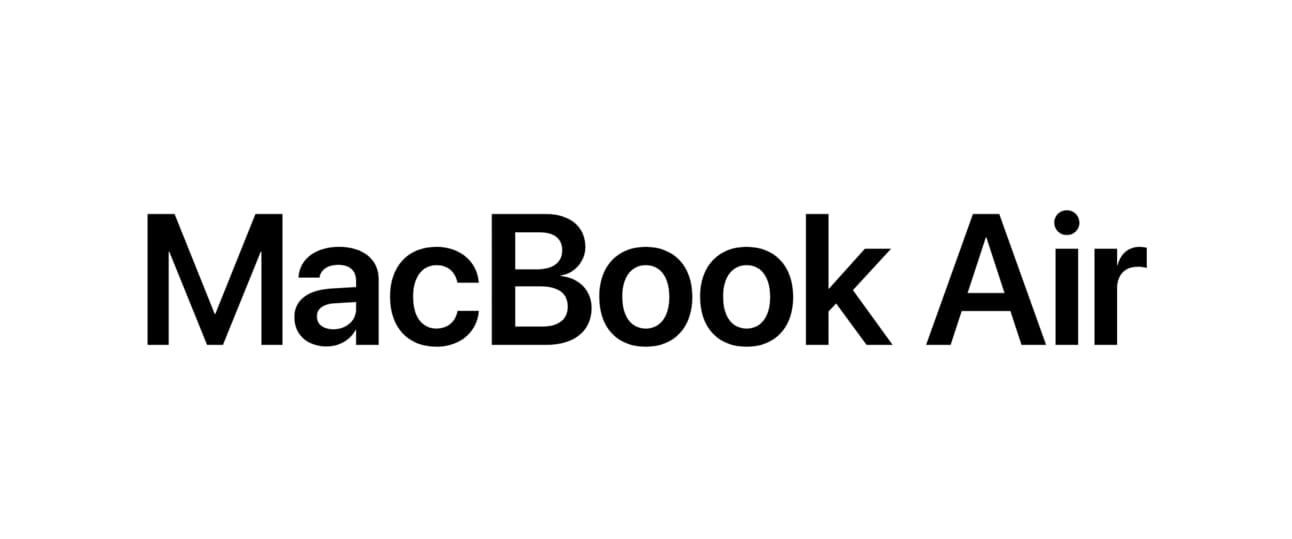
Welcome, AI Enthusiasts.
Brevian, a Sunnyvale-based startup, aims to simplify the process of building custom AI agents for business users.
The article delves into the concept of AI computers, exploring what defines them and whether any computer capable of running AI tasks qualifies.
In today’s issue:
🤖 Brevian: Empowering Enterprises with No-Code AI Agent Development Platform
🦾 Review: Apple M3 MacBook Air - Still the Top Choice for Most Mac Users
🛠️ 3 New AI tools
💻 Custom prompts ChatGPT and DALL-E 3
🤖 3 Quick AI updates
Read time: 4 minutes.
LATEST HIGHLIGHTS

Image source: Brevian
To recap: Brevian, a Sunnyvale-based startup, aims to simplify the process of building custom AI agents for business users. The company, coming out of stealth with a $9 million seed funding round, focuses initially on support teams and security analysts. Co-founders Vinay Wagh and Ram Swaminathan bring diverse backgrounds in product management and machine learning, respectively, with the vision to bridge the gap between generative AI and enterprise needs. While early efforts focused on security, addressing concerns such as personal data leaks, the company aims to expand its offerings to streamline various tasks across enterprises. Led by Felicis Ventures, the seed funding will fuel product development and team expansion to meet growing customer demand.
The details:
1. Brevian founders Vinay Wagh and Ram Swaminathan have backgrounds in product management and machine learning, respectively, providing a comprehensive skill set to address the challenges of integrating generative AI into enterprise environments.
2. The company initially focused on security concerns related to large language models, developing systems to detect and prevent prompt injection attacks and personally identifiable information leaks within enterprise environments.
3. Brevian's $9 million seed funding round, led by Felicis Ventures, marks the largest seed round check for the firm and will be utilized to accelerate product development and expand its team to meet the increasing demand from customers participating in its early release program.
Here is the key takeaway: The key takeaway is that Brevian aims to simplify the integration of AI into enterprise workflows, particularly in support teams and security analysis, by providing a platform for building custom AI agents. The founders' diverse backgrounds in product management and machine learning, coupled with their focus on addressing security concerns, position the company to meet the growing demand for AI applications in enterprise settings. Additionally, the significant seed funding round signals investor confidence in Brevian's potential to lead the way in AI application development for businesses.
APPLE
🦾 Review: Apple M3 MacBook Air - Still the Top Choice for Most Mac Users

Image source: Apple
In Summary: The article delves into the concept of AI computers, exploring what defines them and whether any computer capable of running AI tasks qualifies. It highlights Apple's recent assertion of the new M3 MacBook Air as the "World's Best Consumer Laptop for AI" and discusses the significance of this claim. The piece emphasizes the role of the Neural Engine in Apple's silicon, which contributes to the Air's AI capabilities. Additionally, it discusses the increasing importance of generative AI in everyday computing and how companies like Apple are incorporating it into their products. The author shares their perspective on the Air's suitability for various tasks, praising its performance, portability, and value proposition. Ultimately, they assert that the MacBook Air remains the top choice for most consumers, particularly due to its powerful silicon and versatility.
Key points:
1. Definition of AI computers: The article questions what constitutes an AI computer and whether any device capable of executing AI tasks qualifies, highlighting the ambiguity surrounding the term.
2. Apple's M3 MacBook Air: Apple recently labeled the M3 MacBook Air as the "World's Best Consumer Laptop for AI," emphasizing the role of its Neural Engine in enhancing AI capabilities.
3. Importance of generative AI: The piece discusses the growing significance of generative AI in everyday computing and how companies like Apple are incorporating it into their products to meet consumer demand.
4. MacBook Air's suitability: Despite the marketing claims, the article asserts that the M3 MacBook Air remains the top choice for most consumers due to its powerful silicon, performance, portability, and value proposition, making it the best MacBook option for everyday users.
Our thoughts: As a tech writer, my thoughts align with the article's exploration of the evolving landscape of AI in computing. It's evident that AI capabilities are becoming increasingly integrated into consumer devices like laptops, with companies like Apple leveraging these technologies to enhance user experiences. The discussion around defining what constitutes an "AI computer" reflects the complexity and ongoing evolution of this field.
Regarding the M3 MacBook Air, while marketing claims may hype its AI capabilities, it's clear that the device remains a top choice for many consumers due to its overall performance, portability, and value. The article rightly emphasizes the importance of considering practical use cases and real-world benefits when assessing the impact of AI technologies in consumer electronics.
TRENDING TECHS
AI DOJO
Script writing:
Prompt: Create a dialogue between two characters discussing their plans for an upcoming vacation.
DALL-E 3
Illustration:
Prompt: Illustrate different weather phenomena, from rainbows to thunderstorms
QUICK BYTES
Anthropic and Inflection AI have both recently introduced generative AI models boasting top-tier performance, challenging established leaders like OpenAI's GPT-4. However, the metrics used to claim superiority are questionable, as they often focus on outdated or irrelevant benchmarks. For instance, while benchmarks like GPQA and HellaSwag assess specific capabilities, they fail to represent how the average user interacts with these models. Moreover, benchmarks like MMLU can be gamed through memorization rather than genuine reasoning skills. Experts argue that fixing benchmarks requires a more human-centric approach, such as combining benchmark evaluations with human assessments of model responses. Others suggest evaluating the downstream impacts of AI models rather than relying solely on benchmark metrics. Ultimately, the current state of AI benchmarks raises concerns about the meaningfulness of claims regarding model performance and quality.
Zora, a social network platform based on NFTs, is expanding into the AI market to help creators monetize their content through NFTs. By leveraging blockchain technology, Zora aims to bring AI models onto the blockchain, allowing creators to earn passive income from their models' outputs. With the recent launch of AI minting capabilities, Zora enables creators to quickly generate images using AI and mint them on the platform. This move marks a significant opportunity for AI creators to benefit directly from their models' outputs. Zora's co-founder, Dee Goens, sees a growing demand for AI functionality among NFT creators and believes that blockchain technology can enhance the verification and authentication of creations. Overall, the integration of AI and blockchain on platforms like Zora opens up new opportunities for creators and enhances transparency in the digital art ecosystem.
The AI2 Incubator, stemming from the Allen Institute for AI, has secured a substantial $200 million in computing resources to support startups in its program. Managed by Jacob Colker, the incubator aims to provide startups with much-needed computing power for early development, allowing them to train models beyond basic API options. Startups in the AI2 portfolio or program may access up to $1 million worth of dedicated AI-style compute, sourced from an undisclosed partner. This resource is particularly beneficial for pre-seed startups, covering various compute needs, including those developing new foundation models. Established in 2017 and operating independently since 2022, the AI2 Incubator has aided over 30 startups and recently raised a $30 million fund to continue its support.
SPONSOR US
🦾 Get your product in front of AI enthusiasts
THAT’S A WRAP
